OUR DEAR DEAD DRUG LORD







THEA 113 | SPRING 2024


CSULB













THEA 113 | SPRING 2024


CSULB






This production includes sensitive topics, such as sexually suggestive language, references to suicide, depictions of drug use, intense physical violence towards both humans and animals, and instances of self-harm.
Individuals with a history of trauma related to these topics are advised to approach the production with caution. Should you be impacted by the content of this play, we encourage you to seek support through the resources available below.
Please note: This production also contains the use of herbal cigarettes and haze.


A gang of teenage girls gathers in an abandoned treehouse to summon the ghost of Pablo Escobar. Are they messing with the actual spirit of the infamous cartel kingpin? Or are they really just messing with each other? Our Dear Dead Drug Lord is a roller coaster ride through the danger and damage of girlhood – the teenage wasteland – that has never been so much twisted fun.
Set against the backdrop of an abandoned Miami treehouse in 2008, four teenage girls embark on a mystical journey to summon the spirit of notorious drug lord Pablo Escobar. Our Dear Dead Drug Lord explores themes of friendship, rebellion, and the complexity of adolescence with a fresh and unapologetic voice.
As their intense and unpredictable séance unfolds, the lines between reality and fantasy blur, leading to unexpected revelations and self-discovery.











Alexis Scheer was born and raised in Miami, Florida in a Jewish-Colombian household.
Alexis is a proud alum of the New World School of the Arts and holds a BFA in Musical Theatre from The Boston Conservatory and an MFA in Playwriting from Boston University. She also has an extensive acting background. Her breakout play was the Off-Broadway hit Our Dear Dead Drug Lord (NYT Critics Pick, John Gassner Award; LTC Carnaval of New L ti x Work; Kilroy’s List), and she recently er Broadway debut adapting the book drew Lloyd Webber’s Bad Cinderella. xis is currently under commission by ttan Theatre Club, Miami New Drama, and Seaview.
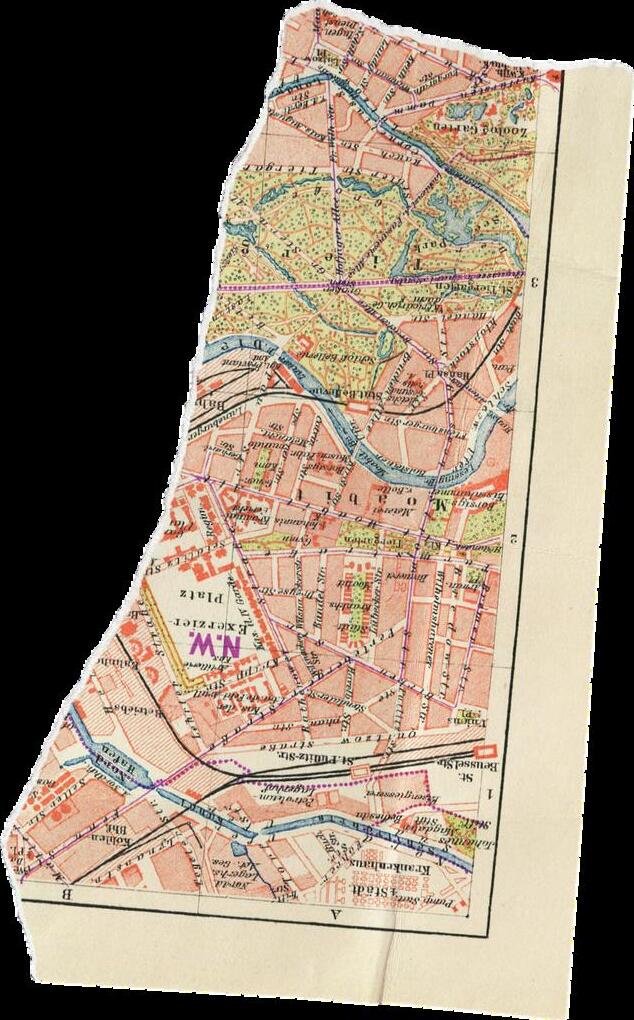



The specter of profound loss can throw one into an identity crisis at any age. Grief has a way of forcing the big questions on us: Who am I? What do I believe? Is there anything more than this? What is it all for? Am I my darkest thoughts? My most generous acts? Where do I draw the lines of my morality?
The young women of Our Dear Dead Drug Lord are in grief, and that grief sends them searching. Still in their teen years, their identities are yet in process, and the spiral of loss leaves them grasping for control and understanding. Through ritual they find comfort, excitement, danger, and hope: hope that death is not the end, that there is something more out there, and that they are more powerful than they know.


time of immense hope: we were about to rst Black president and there was a sense ld was bending towards progress while, at time, the brokenness of this country was profoundly evident.




Personally, I had recently graduated from college and was in a period of indecision and searching. When I read Alexis Scheer’s play for the first time, I recognized so much of my own experience of that era not so much the summoning of an infamous drug lord in a seance, but the coming into one ’ s political beliefs, the attraction to darkness, the rifts forming in long-cherished friendships, and, yes, grappling with the first major losses in my life.
As you watch this production, I hope you too find something true in it. While Scheer has built a world that is theatrical and, at times, frighteningly dark, it is, at heart, a story of connection and recovery; only by embracing their holistic selves, even the most difficult parts, can h h ters face their grief, come into their power, nd command their inner magic.

 Alana Dietze ector, Our Dear Dead Drug Lord
Alana Dietze ector, Our Dear Dead Drug Lord


The year 2008 was a momentous time in global politics, marked by significant events and shifting dynamics that would shape the course of history for years to come.
One of the defining moments of 2008 was the historic election of Barack Obama as the first Black President of the United States. Obama's victory, fueled by a message of hope and change, represented a shift in American politics and signaled the dawn of a new era of progressive leadership.
However, 2008 was also a year of profound challenges and upheavals. The 2008 financial crisis, sent shockwaves throughout the world economy, leading to widespread job losses, foreclosures, and economic hardship for millions of people.




Against this backdrop of uncertainty and turmoil, political tensions simmered both domestically and internationally. The war in Iraq following the events of 9/11 continued to take a heavy toll, while conflicts in Afghanistan and other parts of the world raged on.
As the year drew to a close, there was a palpable sense of both optimism and trepidation about the future. While the election of Barack Obama offered hope for change and renewal, the challenges facing the world remained daunting, requiring bold and decisive action to address.
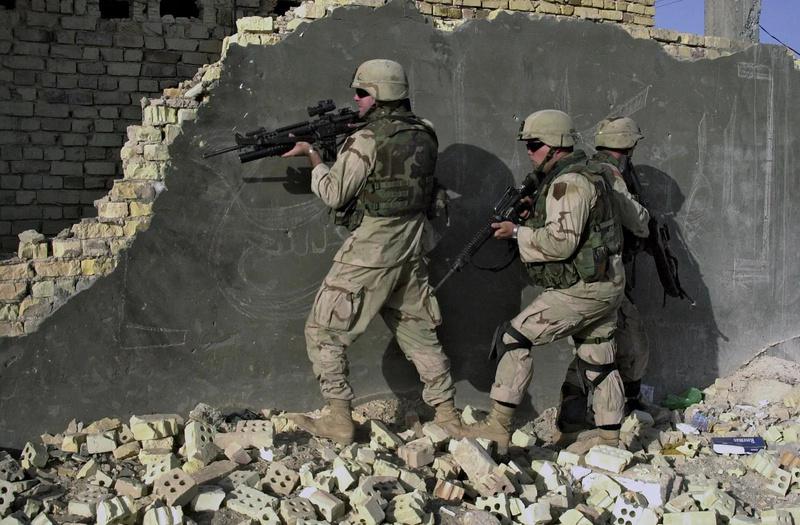



The phenomenon of teen pregna been a subject of public concern, with implications for individuals, families, and society as a whole.
One notable incident that brought national attention to the issue occurred in 2008, with the revelation of a so-called " pregnancy pact" among a group of teenage girls in Gloucester, Massachusetts.
The story, which garnered widespread media coverage, centered on a group of high school students who allegedly made a pact to become pregnant and raise their babies together.


According to reports, as many a Gloucester High School became pregnant during the school year, leading to speculation about the existence of a deliberate plan to get pregnant.
The news of the pregnancy pact sparked intense debate and controversy, with opinions sharply divided on the underlying causes and implications of the phenomenon.
Some saw it as a reflection of broader social issues, including poverty, lack of access to comprehensive sex education, and a culture that glamorizes teenage motherhood. Others viewed it as a symptom of moral decay and a breakdown of traditional family values.


In criminal history, few figures loom as large Pablo Escobar. Born on December 1, 1949, in Rionegro, Colombia, Escobar rose from humble beginnings to become one of the most notorious drug lords in history. Throughout the 1970s and 1980s, he built an empire based on the production and distribution of cocaine, amassing unimaginable wealth and power in the process.
In the 1980s, Escobar controlled an estimated 80% of the global cocaine market. His cartel, the Medellín Cartel, was responsible for smuggling billions of dollars worth of cocaine into the United States and other countries, which fueled both addiction and violence on an unprecedented scale.

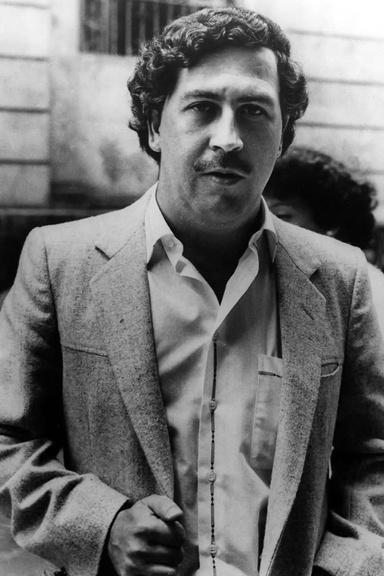

Despite his criminal activities, Escobar cultiva ed an image as a modern-day “Robin Hood”, portraying himself as a champion of the poor and marginalized. He used his vast wealth to fund social projects and win the loyalty of local communities, earning him a measure of popular support even as he carried out ruthless acts of violence against his enemies.
However, in 1993, he was tracked down and killed by Colombian security forces. His death marked the end of an era, but the legacy of Pablo Escobar continues to loom large in popular culture, serving as a cautionary tale of the dangers of unchecked ambition and the devastating impact of the drug trade.



The Ouija board, also known as a “spirit board” or “talking board”, has a long and fascinating history that traces back to the 19th century and is steeped in mysticism, spirituality, and popular culture.
The modern concept of the Ouija board can be attributed to the American spiritualist movement of the mid-19th century, which sought to communicate with the spirits of the deceased.
During this time, mediums and spiritualists utilized various tools and techniques, such as automatic writing and seances, to purportedly connect with the spirit world.
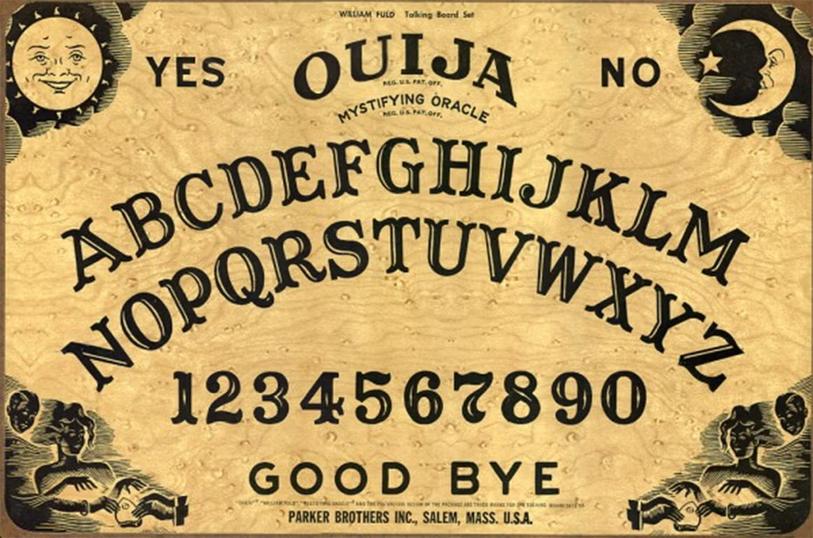


Throughout the 20th century, the Ouija board continued to capture the public imagination, appearing in literature, film, and popular culture. It became a staple of Halloween festivities and slumber parties, often depicted as a mysterious and ominous object capable of unlocking secrets from beyond the grave.
Despite critiques from critics, the Ouija board remains a cultural icon and a symbol of humanity's enduring fascination with the unknown. Whether viewed as a harmless pastime or a doorway to the supernatural, its mystique continues to captivate and intrigue generations of believers and skeptics alike.
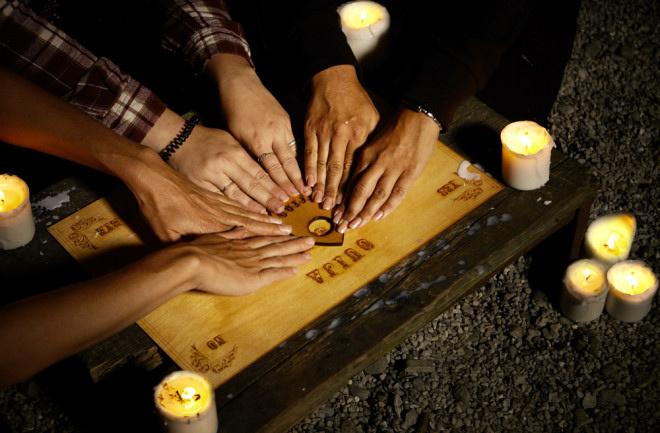


The play's title references both death and drug lords. How do you anticipate these themes intersecting within the narrative, and what broader commentary might the playwright be making about violence and power?
In what ways might the setting of a treehouse serve as a metaphor for the characters' desire for escapism or autonomy? How might the physical space reflect their internal struggles and conflicts?


Considering the historical context provided, how do you think the sociopolitical climate of 2008 might influence the characters' attitudes and actions within the play? What parallels, if any, do you see between the characters' experiences and broader societal issues of the time?
Given the play's exploration of teenage pregnancy and female empowerment, how might these themes intersect with contemporary discussions surrounding reproductive rights and gender equality? What questions or dilemmas might the play raise in this regard?


The play incorporates elements of magical realism, such as the summoning of Pablo Escobar's spirit. How do these fantastical elements enhance or deepen the audience's understanding of the characters' emotional journeys and the larger themes of the play?
Consider the role of memory and trauma in shaping the characters' perceptions of themselves and each other. How do past experiences inform their present actions and relationships, and what insights does this offer into the human condition?


The play utilizes humor as a tool for addressing dark and challenging subject matter. Explore how comedic elements are employed to navigate themes of violence, loss, and identity. How does the juxtaposition of humor and tragedy enhance the audience's engagement with the narrative?
Reflecting on the play's conclusion, what do you think the ultimate fate of the Dead Leaders Club symbolizes? How does the resolution of the story resonate with the broader themes of empowerment, resilience, and the search for meaning in a chaotic world?



